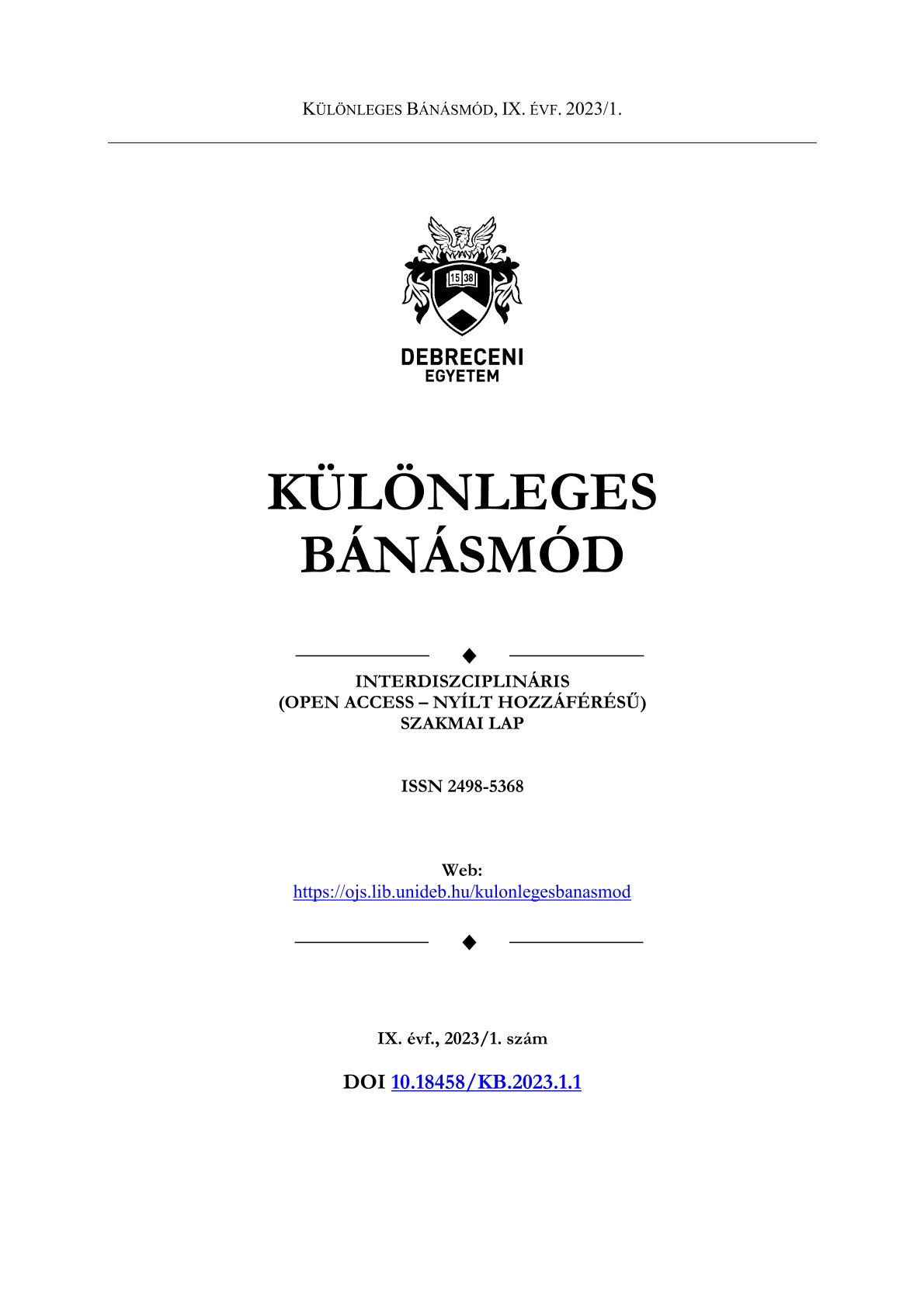SAYAW NG BATI: A PERSPECTIVE ON TRANSCULTURATION OF THE SPANISH COLONIAL HERITAGE IN THE SOUTHERN TAGALOG REGION OF THE PHILIPPINES
Author
View
Keywords
License
Copyright (c) 2023 Jose Antonio Lorenzo L. Tamayo

This work is licensed under a Creative Commons Attribution-NonCommercial-NoDerivatives 4.0 International License.
How To Cite
Abstract
Just like other dances that developed during the Christianization of the Philippines, the Sayaw ng Bati (Dance of Greeting), a dance performance conducted during the dawn of Easter Sunday in the Southern Tagalog Region, is a byproduct of transculturation, a process where the subordinate culture (the colonized) selects certain cultural items in the dominant culture (the colonizer) that fits their contexts and preferences. This paper then aims to elucidate how transculturation occurred in the Philippines that dramatically altered the precolonial heritage of the Filipino people during the Spanish colonization of the country. Using a variety of sources from reputable Filipino scholars in the field of cultural anthropology and dance, the precolonial and Spanish colonial experiences were reviewed and contrasted to understand how transculturation happened in Philippine society and to look for parallels between the two historical contexts, which also affected how dance forms imported from Europe were perceived and developed through the ingenuity of Filipinos during the colonization of the archipelago.


 https://doi.org/10.18458/KB.2023.1.173
https://doi.org/10.18458/KB.2023.1.173